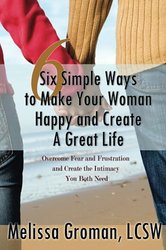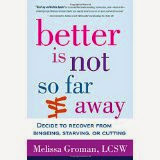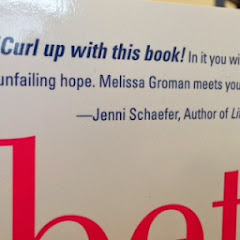
You know the old adage..."If I had a dime for every time I......" fill in the blank...and in this case..."for every time I acted impulsively and wish I had not..." or " that I did not stop to think things through."
It is rarely a good idea to act on a feeling. And yet, we do it all the time. In both large and small ways. Some more destructive than others. We are angry, we yell. Or leave. We are stressed, we overeat, or drink or fill in the blank. We feel hurt, we insult whoever hurt us, or we ignore them. When we get flooded with an emotion, we often act before we really can pause to consider what may be in our best interest, or in the best interest of the relationship.
What are we after we when we do this? A few things maybe. Understanding, revenge, relief, release, connection, attention, assurance, validation. To begin with.
If we stop to reflect or discuss things with a third party, a good ear, and to study what we do and when, and why, we often learn a lot about what goes on in the relationships we have. Sometimes, when I suggest this, I am met with the fear that I am implying that whatever is going on is our own fault. That's true, in some ways, but really, it's not a matter of fault, but a matter of effect. When we are naturally caught up in a torrent of emotions, we are not usually in the frame of mind to consider the effect our words and actions might have on the situation, or relationship, past the relief of the moment. And sometimes, certain people bring it out the reactor in us, for a variety of reasons. This too is worthy of study.
There are times when we do have to act or react right away. We have to call for help if there is a fire, or accident. We have duck if someone hurls something at us. (For some reason, I am thinking of former President Bush and the shoe incident). I suppose its because we sometimes have to duck words as well. Verbal shoes. And we have to gather up our cool to not react in the moment.
Of course we did not learn our reactions in a vacuum. We have life stories, histories, both psychic and environmental, familial, and cultural. These histories have shaped us, and often we repeat what we have learned. We do this consciously sometimes, but more often, its unconscious. In therapy speak its called repetition compulsion. Doing what we do is a complication of learned behavior and survival, of coping and dealing and taking care of ourselves. But when we don't have the success we might like in our careers, relationships, and the feelings we want in our lives, day to day, and overall, its time to take a good look at how we operate and why. This can take a while, but I think its worth it. We can get a lot of mileage out of unpacking the past, and seeing how it affects the present and future.
In the meantime, there's always the rule of three. Before making a big decisions, or little ones for that matter, and before yelling back, or throwing a verbal knife, before taking any action, that is based on a feeling, teach yourself to wait three. Three minutes. Three hours. Three days. Take three. The more urgent it feels, the more we need the rule of three. Unless its really a fire.
Not an emotional fire. A real fire. All other things, usually, are better off tended to with care and whatever calm we can muster.
Of course there are those of us who really like a good fight. S'okay. More on that one day soon. And I am all for passion, and plenty of it, in the right time. But its good to know where we walk, and what the point, or purpose of it is. Breathe, pause, pray. Talk, walk, write, slow it down. No doubt we need relief from our urgent feelings, but at what cost? I think it pays to wait, when we can. However we can, and go gently.











